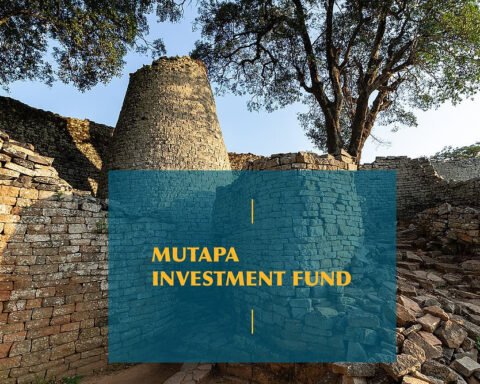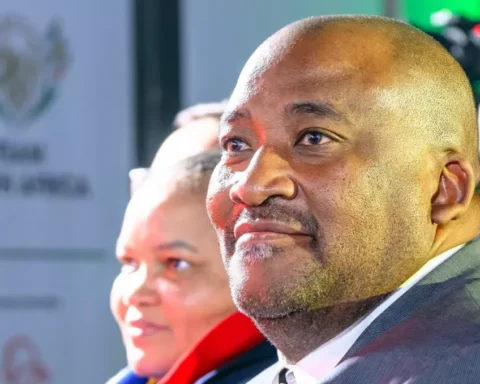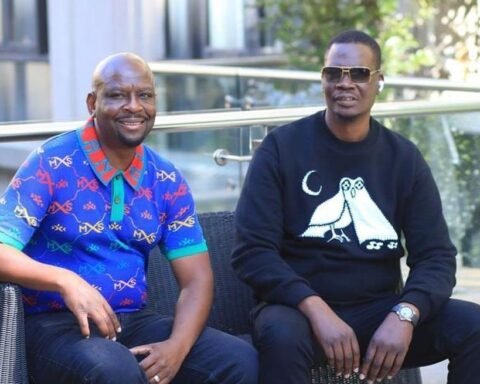The church in Zimbabwe stepped in to seek a resolution to the deepening crisis in the troubled Southern African nation.
Leaders from a range of Christian churches met on Thursday and sought to broker talks between the government and its opponents. With a worsening political and economic crisis obtaining in Zimbabwe the Churches felt that this had left the country “angry and traumatised”, On Wednesday the main opposition leader Nelson Chamisa snubbed a dialogue summit that president Mnangagwa had called for.
Speaking at the Breakfast Prayer meet hosted by the Zimbabwe Council of Churches Chamisa said Zimbabwe’s political and economic problems would not be fixed until the issue of Mnangagwa’s legitimacy was resolved.
The MDC Alliance leader backed the church initiative of dialogue and the efforts of the church leaders. He said the clergy were independent mediators and he expressed his disgruntlement with a process of dialogue led and facilitated by Mnangagwa.
Chamisa went on to say any dialogue that did not involve Mnangagwa and himself would not succeed. He reiterated his demands for the removal of the military from the streets and the release of hundreds of people jailed during the mid-January protests.
“We can’t have dialogue while other people are in prison on account of politics. As I come to you I am a leader to members of parliament who cannot even sleep in their houses on account of politics, on account of accusations,” said Chamisa.
President Mnangagwa did not attend the Breakfast Prayer Meeting but was represented by Defence Minister Opah Muchinguri-Kashiri who read the president’s speech.
In the speech read on his behalf the president said his doors would remain open for dialogue.
Commenting on the dialogue calls and the situation in Zimbabwe the editor of Report Focus, Brilliant Pongo said “if dialogue is genuinely done it can and should bring together a diverse set of voices to create a microcosm of the larger Zimbabwean society. To bring about sustainable change and real growth and development for our country.
The Zimbabwean people have to develop a sense of joint ownership of the process and become stakeholders in identifying new approaches to address common challenges. Indeed, for far too long Zimbabweans have suffered because of the few political elites who champion corruption and continue to milk the country dry.
While security forces continue to harangue civilians, the corrupt remain untouched. It is refreshing and it ignites hope to see the Church finally standing up to play its part.”








